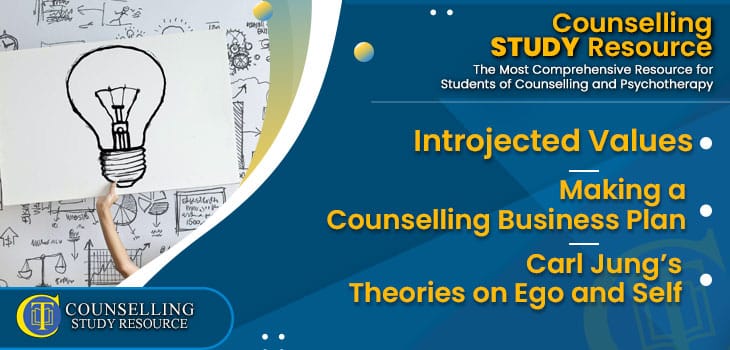See Counselling Skills Used in Real Sessions by Qualified Therapist
Real Sessions – Real Presentations – Real Skills
Gain the competence and confidence to use counselling techniques effectively!

In Episode 235 of the Counselling Tutor Podcast, your hosts Rory Lees-Oakes and Ken Kelly are back with this week’s three topics:
Introjected Values
We start today with Rory and Ken discussing introjected values, and how these may present themselves in the therapy room.
The key points of this discussion include:

Real Sessions – Real Presentations – Real Skills
Gain the competence and confidence to use counselling techniques effectively!
In a discussion that will be continued in next week’s podcast, Rory and Ken list a few things that you might want to think about when making a business plan for your counselling service.
The main aspects of this discussion include:

On-demand access to a rich lecture library covering theory, skills, and professional development for counselling students—Mapped to the UK awarding body criteria
“The Student Library has been BRILLIANT, I can’t recommend it enough!
It has been a lifeline in helping me prepare for practice and my first clients. If you’re considering it, go-for-it, it’s absolutely worth it!”
Kelly – Graduated and now in practice.
In this week’s ‘Practice Matters’, Rory speaks with Dr. Jessica Bockler about the theories of Carl Gustav Jung including the collective unconscious and archetypes.
The key points of this discussion include:
Introjected Values

Get on-demand Certified CPD that is implementable in your practice
